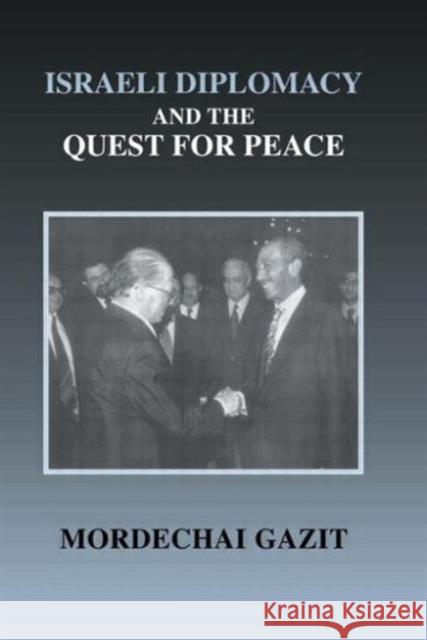Israeli Diplomacy and the Quest for Peace » książka
Israeli Diplomacy and the Quest for Peace
ISBN-13: 9780714652337 / Angielski / Twarda / 2002 / 260 str.
Israeli Diplomacy and the Quest for Peace
ISBN-13: 9780714652337 / Angielski / Twarda / 2002 / 260 str.
(netto: 699,68 VAT: 5%)
Najniższa cena z 30 dni: 705,23
ok. 22 dni roboczych.
Darmowa dostawa!
With the political changes between 1989 and 1992, ethnic unmixing and ethnic migration reached a new climax. State formation in the aftermath of the dissolution of the Soviet Union and the collapse of Yugoslavia led to a new dynamic of interethnic relations between majority and minority populations. The break-up of these two multi-ethnic states created new minorities and made certain members of the previous titular nation (eg Russians, Serbs) into ethnic minorities. New states such as Croatia, Estonia and Macedonia were faced with the fact that large segments of their populations consisted of minorities. "Return migration" to Russia occurred when approximately 25 million (ethnic) Russians became minorities in the successor states of the former Soviet Union. In 20th-century Europe overall 40 to 60 million people were transferred, resettled or expelled as a consequence of "ethnic cleansing." This work examines the reasons for and the practice of ethnic migration and the challenges it produces.











